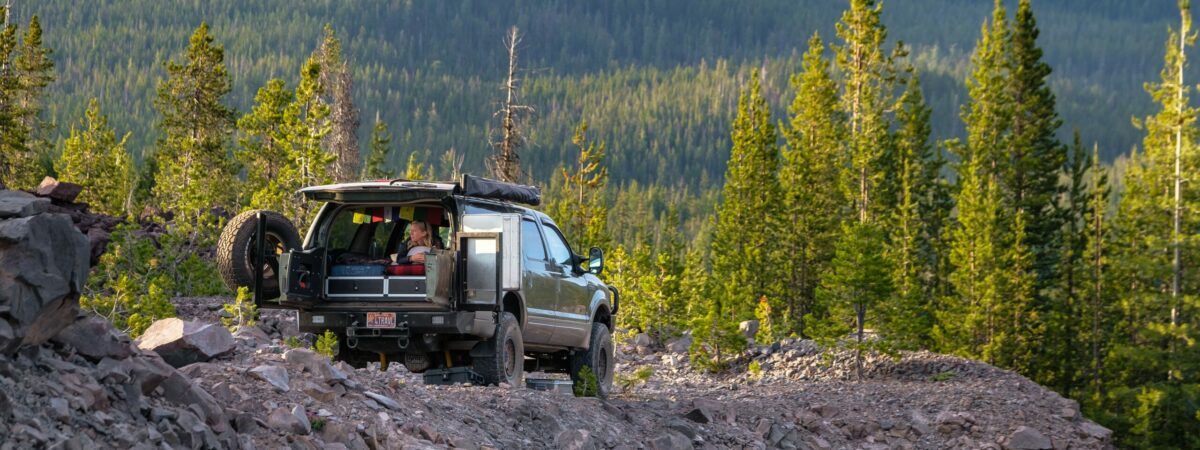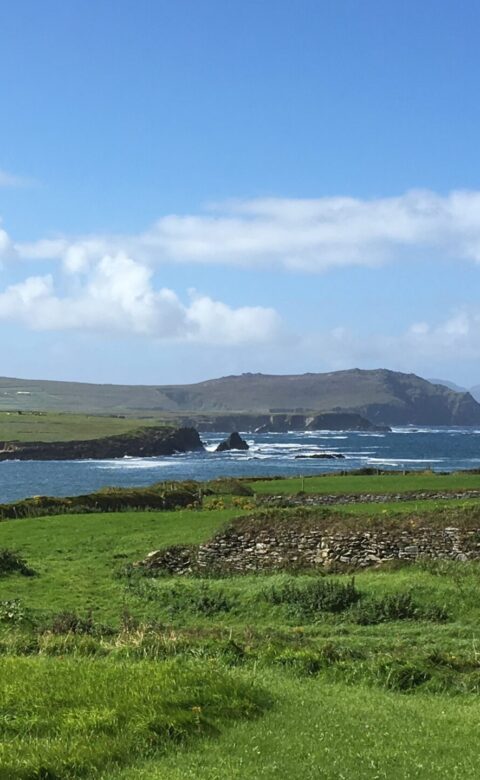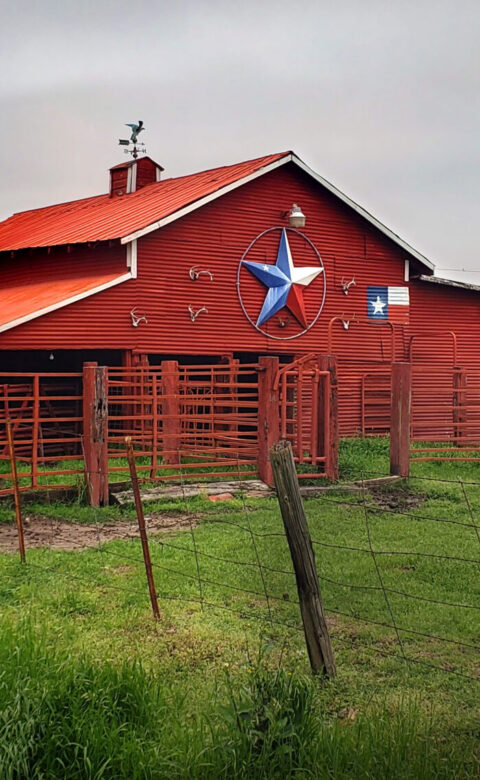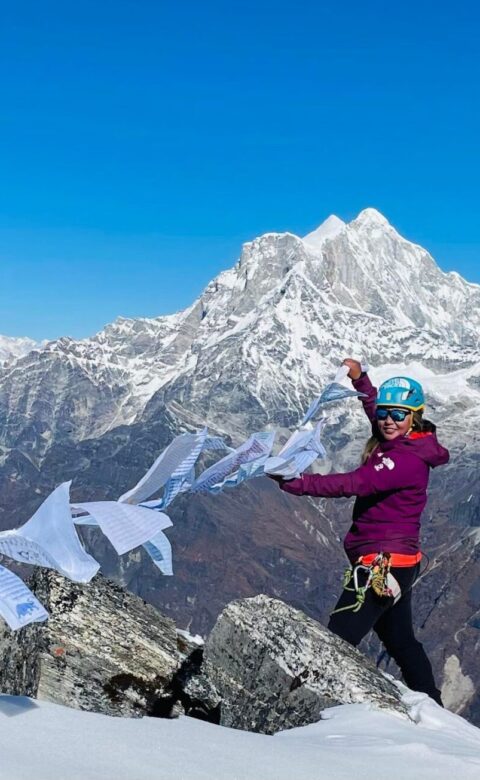Travelling overland is a great way to slow down and enjoy the journey as much as the destination … but it can be taxing on the environment. Pack these tips before heading off on your next adventure.
Overlanding is popular because it takes people to new places. And, instead of being focused on the destination, you learn to love and experience the journey as you navigate the roads, wherever you want to go.
In order to handle the long adventure and unknown roads, however, you need to use large vehicles (like RVs and camper vans) with either diesel or gas engines. This can be harmful to the environment, especially since electric or hybrid vehicles are not yet available for such adventures. However, many overlanders are finding ways to adopt more environmentally friendly habits so they can protect Mother Nature and prevent unnecessary damage while still enjoying the journey. You can too.
Use eco-friendly products.
You’ll have to carry different types of washing products with you: some for your car and others for your clothes, cooking utensils, and yourself. While many products out there are laden with toxins, you can use biodegradable products to minimise your environmental impact.
For instance, for wiping down hard surfaces, create a mixture of water, vinegar, and bicarbonate of soda. Spray or apply this on hard surfaces and use a cloth to wipe it off. Once you’re done with this, apply clove oil and a litre of water to the surface. Leave them to dry, and it will keep mould away from the surfaces.
Ditch the plastic bags.
Most people are used to plastic bags and likely have a stash in their homes. On the road for a long time, you may consider using plastic bags to store things like food. But plastic is harmful to the environment because it is not biodegradable and it’s also hard to recycle. So, it’s best to stop using it.
Consider buying things packaged in tins, bottles, or cardboard cartons. They are not as harmful to nature, and can likely be reused much longer. Plastic is not the only available option for storing your belongings, and even if you find lots of plastic products in shops, you don’t always have to settle for them.
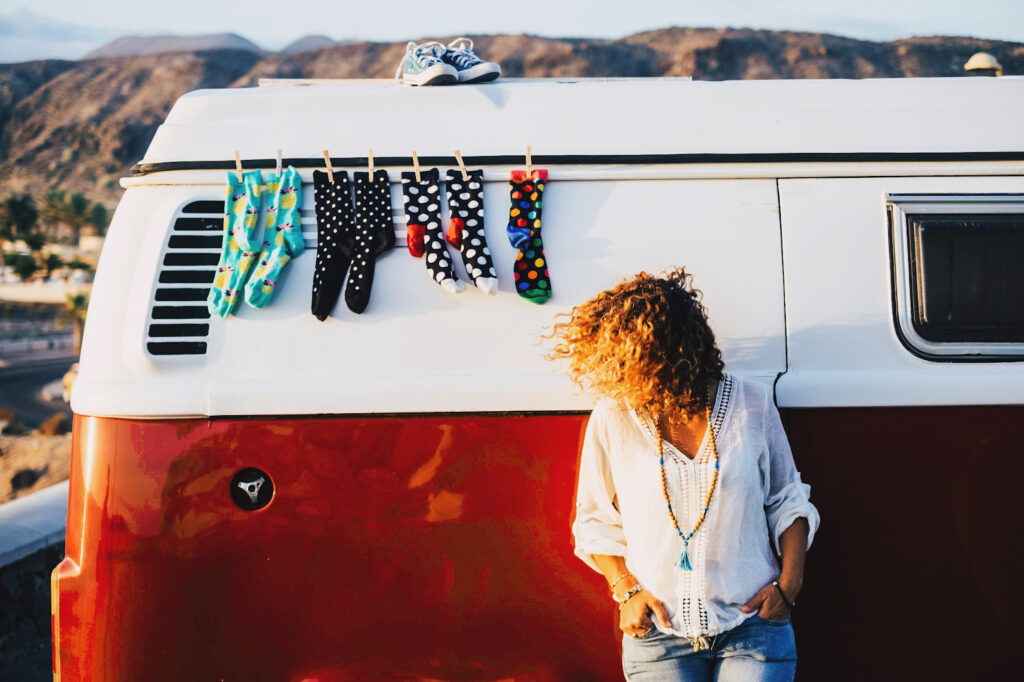
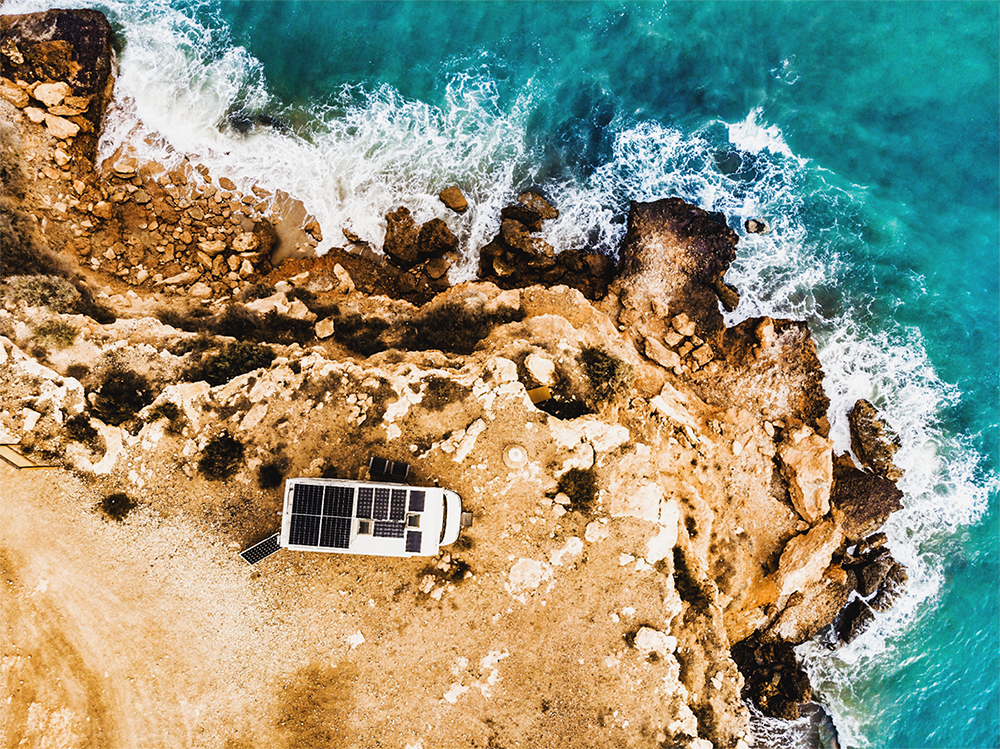
Make a habit to recycle.
Recycling should be a normal practice, and while it may be harder to do it while overlanding, it’s not impossible. Create a recycling system that works for your vehicle. You don’t need bins to sort different recyclables; they’re not very flexible and take up a lot of space. Instead, try sorting among a few reusable bags.
Eat locally — regardless of your destination.
Wherever you are, look for locally grown food to fill your stomach. It may cost a little more to eat locally, but in the end, you reduce the energy needed to transport food plus you support local growers.
When you buy local produce, make sure you get something that doesn’t use artificial fertilizers, chemical feeds, or any energy-intensive pesticides. The less nitrogen released into the environment, the better.
Give up plastic straws, if this is an option for you.
Plastic straws may be easy to toss into drinks, but they are extremely harmful to wildlife, water sources, and the natural environment in general.
If you must use straws, then consider using bamboo straws. They are compostable, and they’re also reusable. Metal straws are also a good option since you can reuse them hundreds of times.
Be mindful of water usage.
We need water all the time—for drinking, washing, and maintaining hygiene. But it’s best to conserve as much water as possible, especially in arid environments or places suffering from droughts.
There are lots of ways to do this. For example, wash laundry only when necessary. Also, shower less often or for a shorter amount of time, even if it doesn’t feel convenient. Using less shampoo and soap reduces the time spent in the shower. And the less time you spend showering, the less water you consume.
Learn how to deal with human waste.
It’s not the most pleasant thing, but you must learn what to do with human waste. The best thing is to dispose of it in a hole at least 200 feet away from water sources. The hole should be six to eight inches (15 to 20 centimetres) deep, covered, and disguised with natural materials. Use recycled toilet paper that can also be buried with the rest.
Remember: You have a responsibility as an overland traveller.
Supporting the environment is extremely important when overlanding. While the vehicle you drive might burn fossil fuels, there are still so many habits you can build into your journey that will reduce your environmental footprint.
This is a journey. In the end, protecting the environment is an adventure in itself, and it adds an important dimension to your travel experience.

